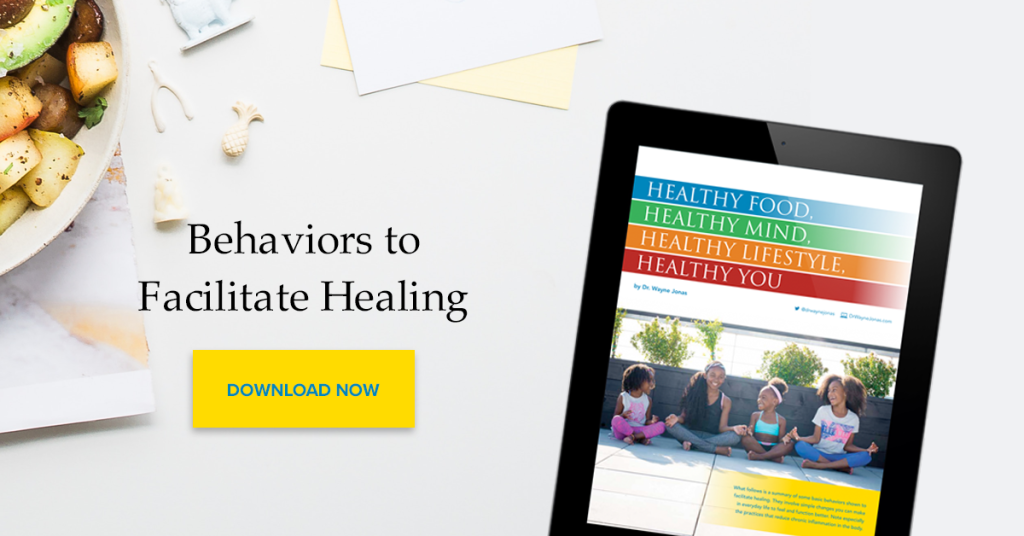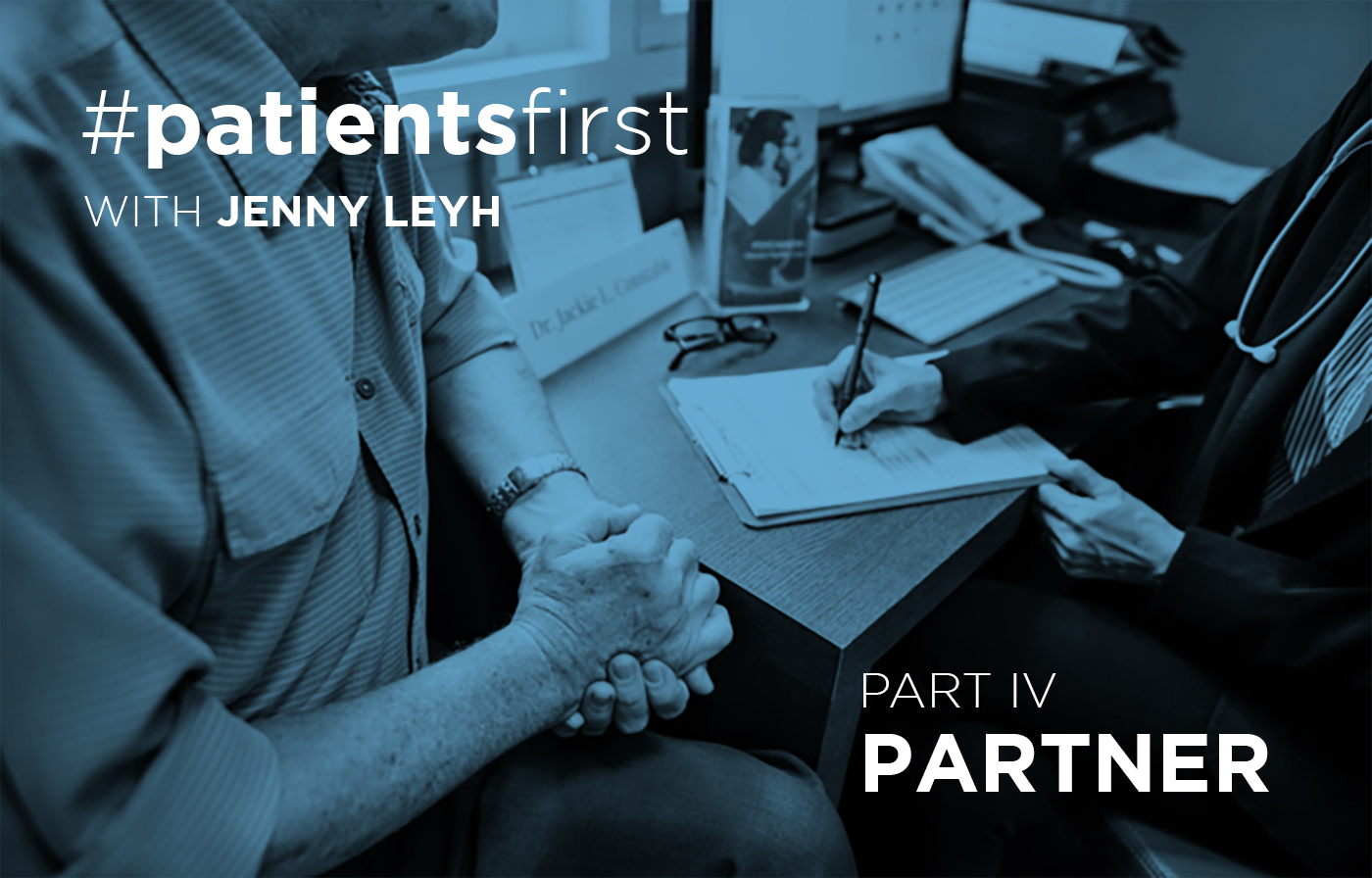You know your body better than anyone. Whether managing a medical diagnosis or seeking to improve (or maintain) your current health, your role as the patient should carry at least equal weight to that of your doctor’s. Especially considering the large gaps that can exist between doctor’s visits, it is ultimately your responsibility to monitor your health, maintain treatment plans, and be proactive in your wellness journey.
As your partner, your physician should monitor your health, and propose conventional, self-care and evidence-based complementary care plans. But as you work with a health provider, if you don’t feel empowered to participate in your care options, their effectiveness—and your overall health and wellness—can suffer.
As Dr. Jonas outlines in his book, How Healing Works, “there are three key aspects to a good collaborative healthy relationship: caring, competence, and credibility.”
It is critical that your primary care provider exhibits all of these aspects. But it’s a team effort. You must be an engaged and equal partner in order to be successful. After all, when it comes to your health, you’re the one doing most of the work.
Prioritize Your Needs
Most of us lead busy lives in which free time can feel like an elusive ideal. And during the course of our busy lives, we all experience stress. Sometimes that stress has a way of manifesting itself into physical problems such as back pain, muscle tension, and headaches, or in detrimental lifestyle decisions like poor eating habits and lack of exercise routines. But instead of putting yourself in a position of passivity and lack of control by conceding that you “don’t have time” to make changes that can impact your health, consider viewing these opportunities in terms of the phrase “this is/isn’t a priority.” This change in perspective may help you to re-categorize the responsibilities in your life and help you to include more self-care techniques.

Checklist for taking an active role in your health:
- Stay on top of evidence-based studies that support or even contrast any modalities that you may be interested in.
- Examine all sides of the potential practice: is it potentially harmful? Are there any side effects? Does this practice counteract with any of my current practices or medications?
- Research a practitioner (such as an acupuncturist) in the same way that you would research a primary care physician.
- Only practice modalities that have been proven safe for your condition.
- Provide your doctor with a full picture of all the modalities and practices that you engage in, including nutrition, exercise regimens, over the counter medications and supplements. Providing your doctor or practitioner with all of these details will enable them to treat you holistically—mind, body, and spirit.
Remaining Vigilant and Informed
As you explore various complementary practices you will come across research studies that have been conducted to prove or disprove the validity of these practices. It’s important that you take your own research one step further to ensure that the studies being referred to are themselves valid. The internet can provide endless amounts of information on any given topic. But how can you tell if what you’re reading is scientifically valid or just a veiled marketing strategy? The National Center for Complementary and Integrative Health lays out a simple five-part checklist for online research:
- Who runs the website or app? Are they a reputable organization?
- What is the website or app offering? Does it seem too good to be true?
- When was the information written? Is it up-to-date?
- Where does the information come from? Is it based on scientific research?
- Why does the website or app exist? Is it selling something?
Acknowledge it’s Not Always a Two-person Operation
There are many ways to be an effective partner in your own health. But they all hinge on engagement. You can engage your doctor in conversations on conventional care, complementary practices, and self-care. Your doctor can engage you in a way that boosts your involvement and likelihood of following through on treatment plans. You can engage with the wealth of information that exists on various subjects in an intelligent and responsible way.
At the end of the day, if you’re an engaged patient who feels confident in your provider and your treatment plan, you will be more successful in reaching your health goals than a patient sitting on the sideline.
Click here for the full Patients First Series.

Meet Jenny Leyh
Jenny Leyh is a mother, freelance writer, cancer survivor and integrative health advocate living in Haddon Heights, New Jersey.

